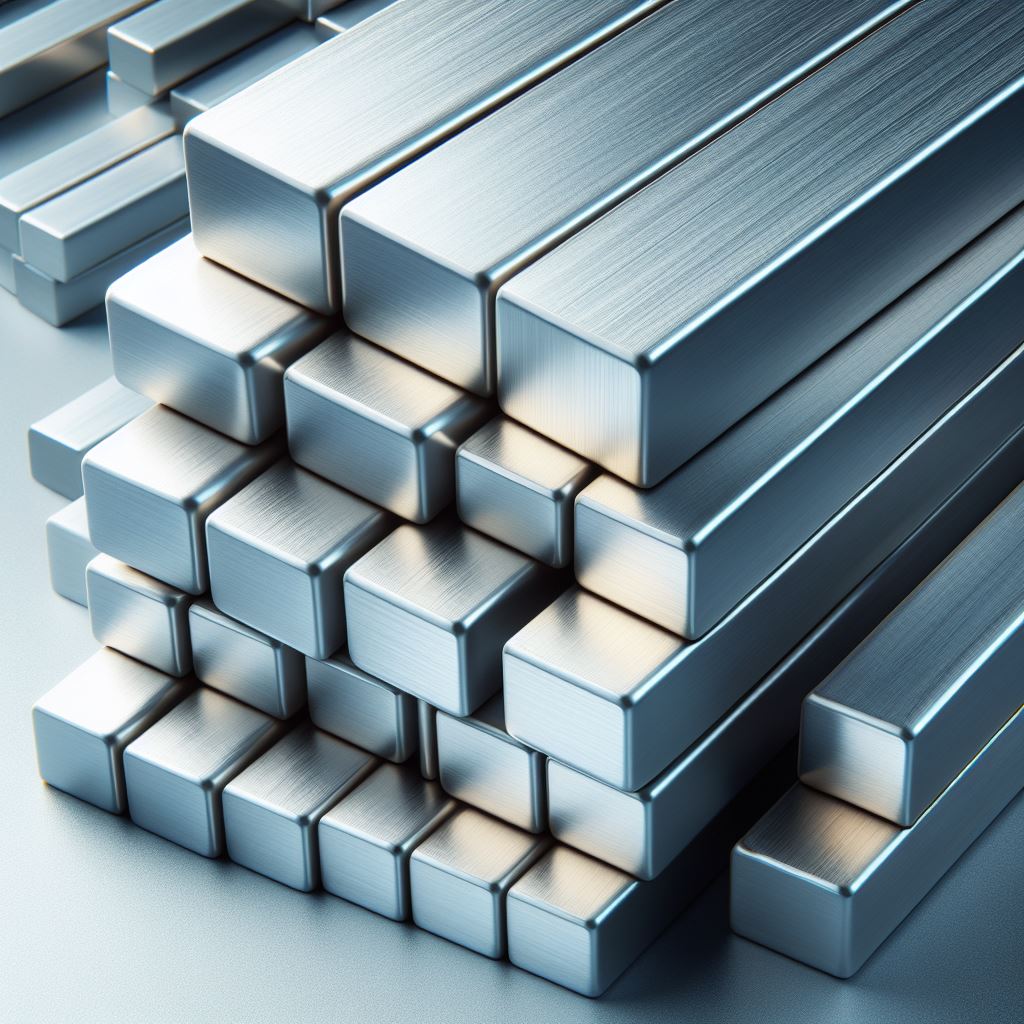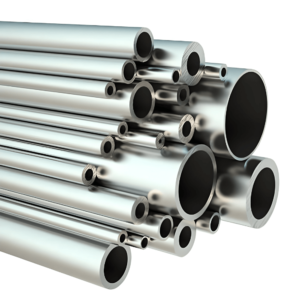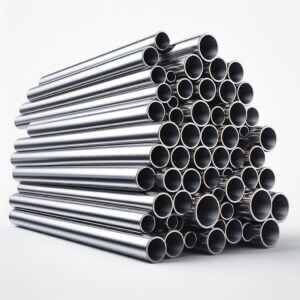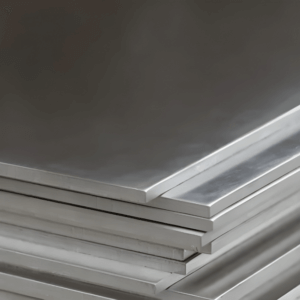Inconel 783 丨UNS R30783
Inconel 783 an oxidation-resistant low coefficient of thermal expansion (low CTE) superalloy developed for gas turbine applications. The alloy is strengthened by a precipitation-hardening heat treatment made possible by additions of niobium and aluminum. In addition, the aluminum content provides excellent resistance to oxidation at high temperatures. The alloy’s density is 5% less than those of superalloys such as INCONEL alloy 718. The combination of low expansion, high strength, and excellent resistance to oxidation makes the alloy especially useful for gas turbine and steam turbine components. The low expansion enables closer control of clearances and tolerances for greater power output and fuel efficiency.




